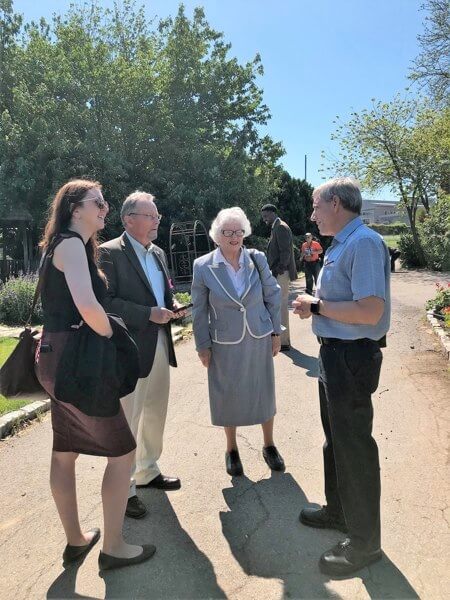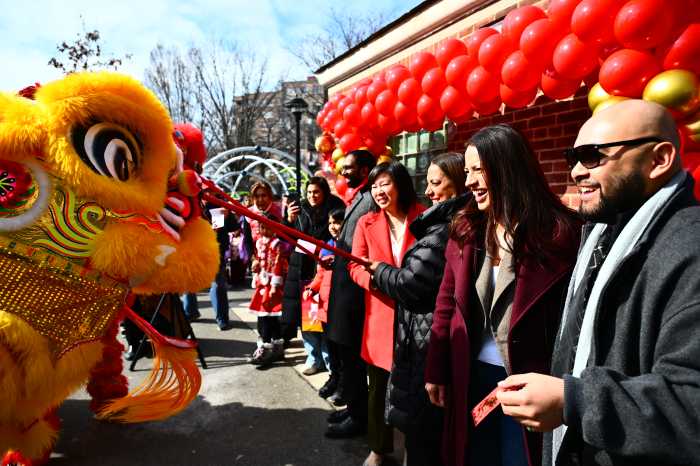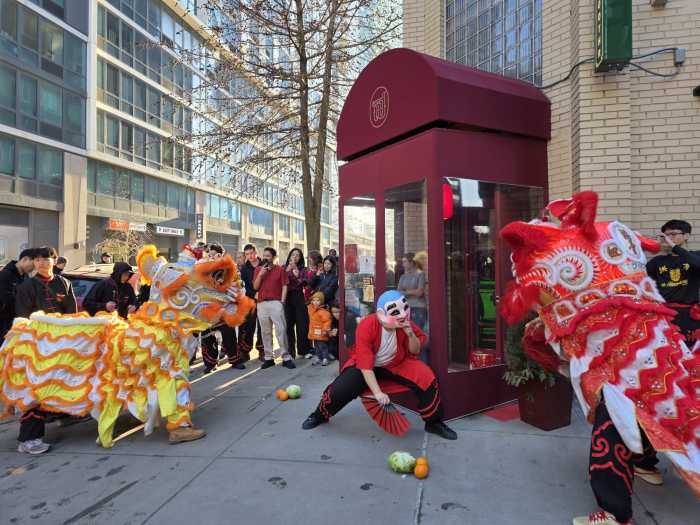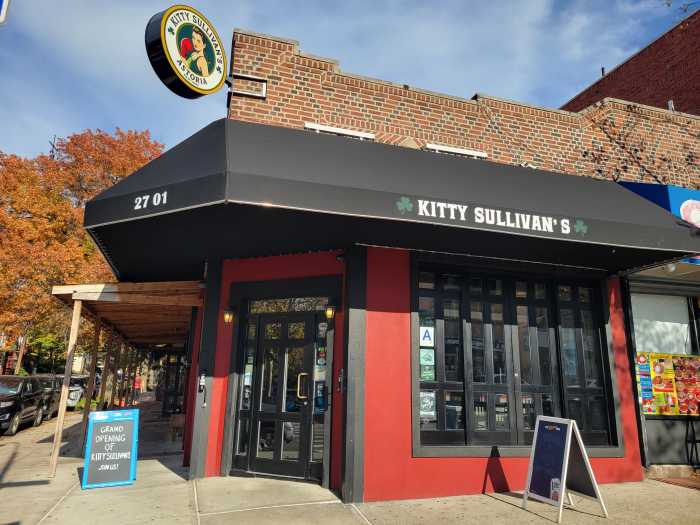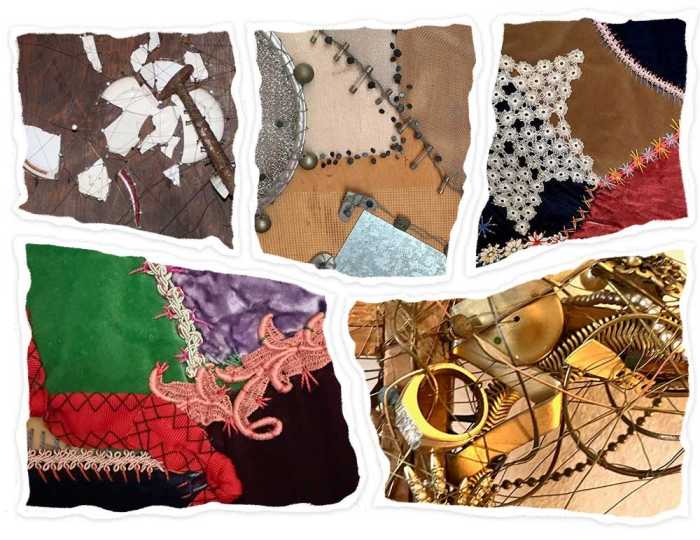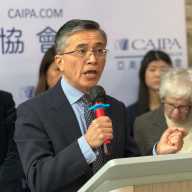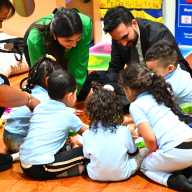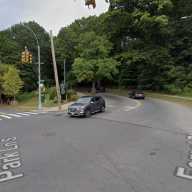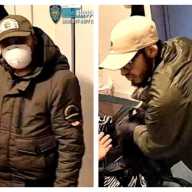By Carlotta Mohamed
State Sen. Toby Ann Stavisky (D-Flushing) and Assemblywoman Nily Rozic (D-Flushing) gave a tour on May 29 of John Bowne High School’s farm to Richard Ball, commissioner of the New York Department of Agriculture and Markets.
Flushing-based John Bowne High School is the only school in New York City with a 3.8 acre-farm, and one of two schools in the city with a four-year agriculture program with about 600 students and eight teachers, according to Steve Perry, assistant principal of the Agriculture Department at Bowne.
“We were honored to have the commissioner of agriculture here along with the local senator and assemblywoman,” said Perry. “It reinforces the goals and objective of the program, sending a message to the students that what they do here is valued and supported.”
During World War I, men and women were recruited to work on farms upstate. Many of the young men asked to learn more about farming at the same time a reform school that had a farm in Queens was closing and in 1917 the Agriculture Program began, according to Perry. The program was initially known as the Newton Aggies, an annex to Newton High School, but the size of the farmland was reduced by the development of Queens College and John Bowne in 1964. Ever since then, the “John Bowne Aggies” have been growing strong.
Stavisky said she was proud to show the “fantastic program” that Perry, the faculty and students have created in Flushing, calling the Agriculture Program at John Bowne High School a “crown jewel in the state’s public education system.”
John Bowne High School has a four-acre land lab, poultry house, a large animal barn, exotic animal lab, greenhouse, orchard and field crops.
Recognized nationally as an outstanding urban agricultural education offering, the Agriculture Program at John Bowne includes classroom instruction and a hands-on learning experience for students. During their freshman and sophomore years, students take classes in both Plant and Animal Sciences and decide if they would like to major in the subject for junior and senior years, according to the Agriculture Department.
The Agriculture Department gives students the opportunity to work on both city and farm jobs for their second and third summers, offering three supervised agricultural experiences.
Students attend the two-month program from July 1 to Aug. 31 between their freshman and sophomore years, working at the school land lab where they tend to crops, work in the poultry house and green house, and spend the remainder of the day working in their garden plots.
The second oldest summer agriculture program at John Bowne works in partnership with the state Department of Labor Farm Cadet Program, where students are placed on numerous farms throughout the state. The students live with families and work on farms, recording their experiences and observations in a diary.
Lastly, urban internships give students the opportunity to work at veterinary hospitals, florist shops, nurseries, garden centers, pet shops, zoos and aquariums.
“The John Bowne Agricultural Program provides our students with a unique opportunity to get involved with agriculture—to work the land, care for animals, and harvest food,” Ball said. “The program, which has been recognized on a national level, is helping to ensure our future leaders in the agricultural community.”
John Bowne graduates have moved on to everywhere from agricultural and technical colleges to Cornell University, as well as many out-of-state institutions throughout the Northeast, according to Perry. Students have established leadership roles in agricultural professions as vets, landscape architects, teachers, florists, laboratory technicians and other related professions.
“The agriculture program at John Bowne High School has long been an unmatched source of learning and inspiration for our next generation of environmental leaders,” said Rozic. “It was wonderful to show Commissioner Ball the nationally recognized agriculture program right here in Queens.”
Reach reporter Carlotta Mohamed by e-mail at cmoha

